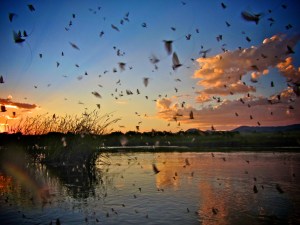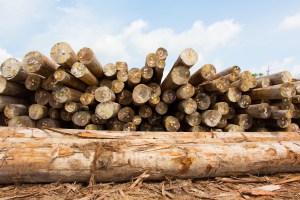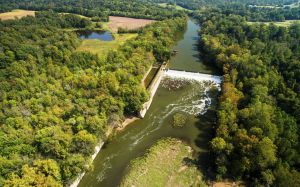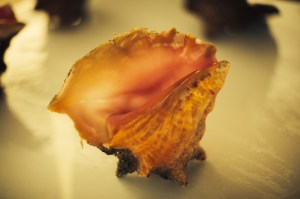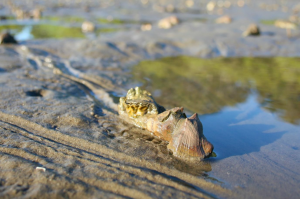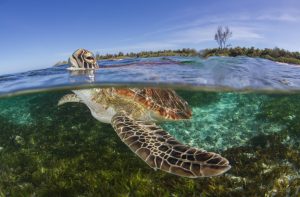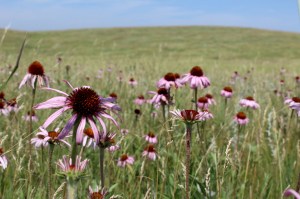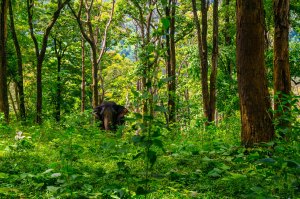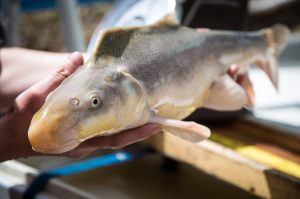Discover stories in TNC Priority
Better Mapping for Better Management of Gabon’s Coastal Wetlands (and Beyond)
If a picture is worth a thousand words, an accurate map may well be worth an entire novel. In Gabon, scientists are working to map a healthy future for Gabon's coastal wetlands.
50 Fish, 50 States: Silver Creek Preserve
The legendarily difficult trout stream is not always so difficult.
Tropical Deforestation Is Making the Worst Climate Predictions A Reality
Industrial-scale tropical deforestation is altering local climate as much as 100 years of global warming under a worst-case emissions scenario.
Expanding the Successful Sustainable Rivers Program
Dams aren’t going away. But a successful program better manages them for people and nature.
Bahamian Queen Conch: Fishers & Scientists Share Knowledge for a Sustainable Fishery
Queen conch are at risk. Bahamas fishers and scientists are helping.
How Hitchhiking Oysters Build New Reefs
In Australia, juvenile oysters hitch rides on mud whelks, subjecting them to a slow-motion death by starvation. Killer oysters. Sort of.
Debt Conversions Can Advance Marine Conservation
Refinancing national debt can be a powerful tool for conservation.
Seeds of Change: Ensuring the Future for Healthy Prairies
For a healthy and resilient prairie, diverse seed sources are key.
Using Science to Select Flagship Species
New research provides science-based way to identify flagship species for effective biodiversity conservation.
Reducing the Speed Limit Won’t Make Roads Safer for Wildlife
Not so fast: reducing speed limits may seem an easy way to reduce wildlife road deaths, but research suggests otherwise.
Co-Benefits for Biodiversity & Carbon in Remnant Forests
New science shows that remnant forests with the greatest tree-species richness also store the most carbon, creating a potential win-win for protecting biodiversity and reducing global carbon emissions.
50 Fish, 50 States: Razorback Sucker Nursery
A new project in Utah gives endangered fish a fighting chance.

